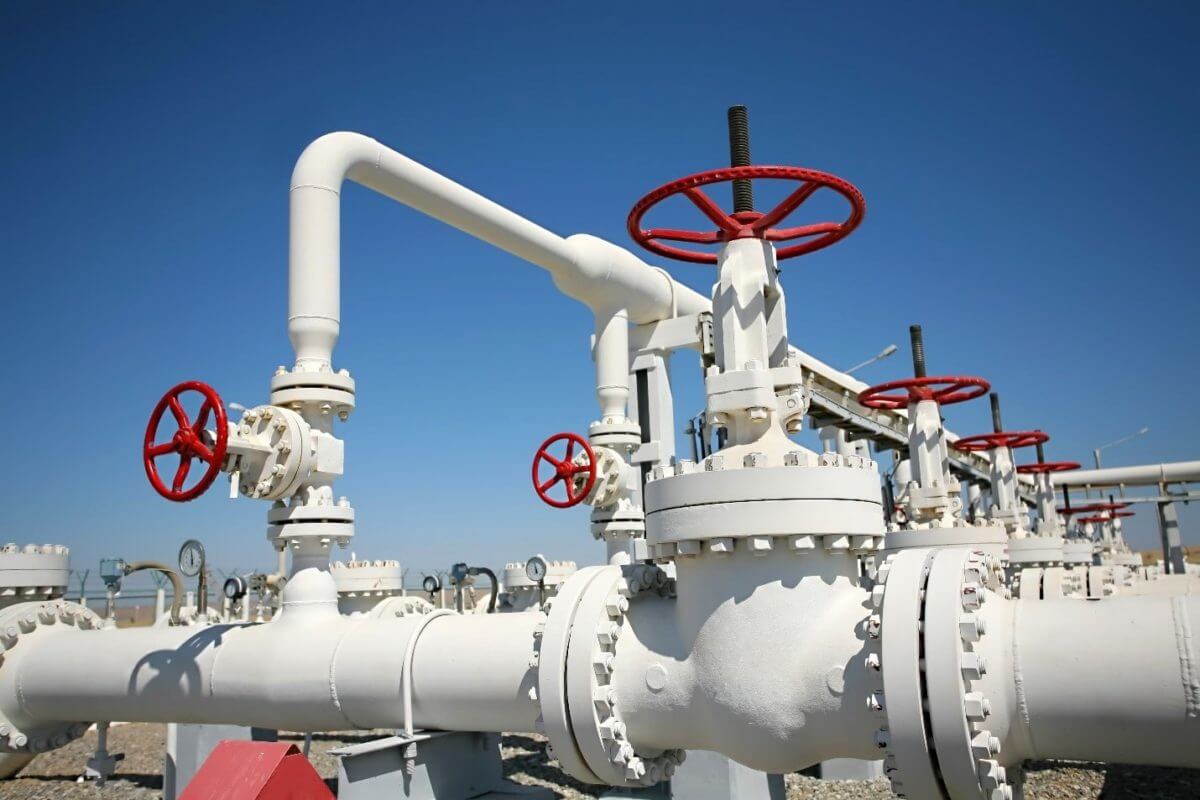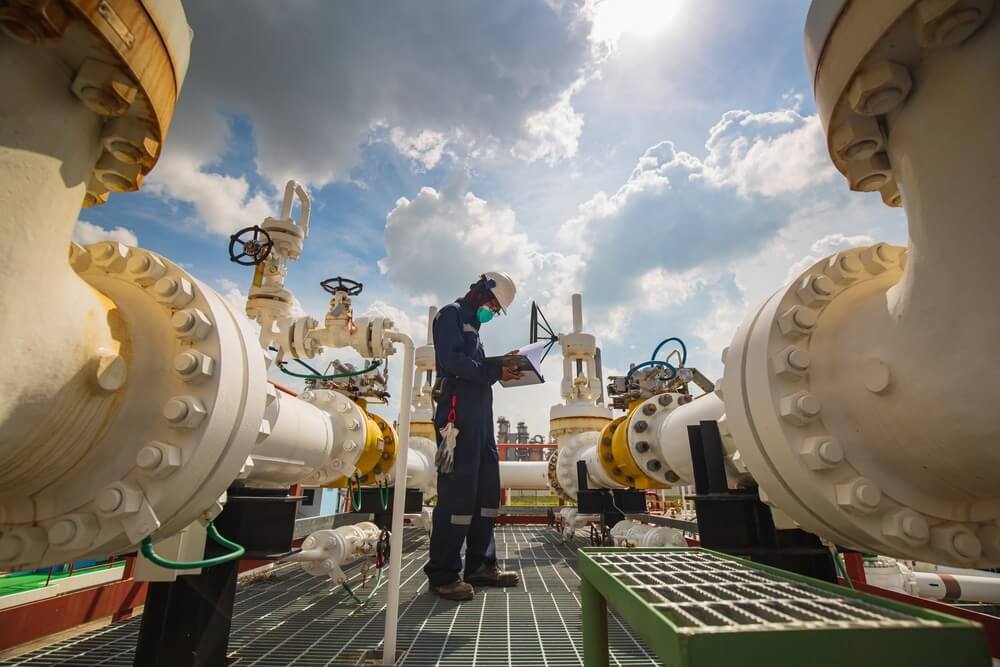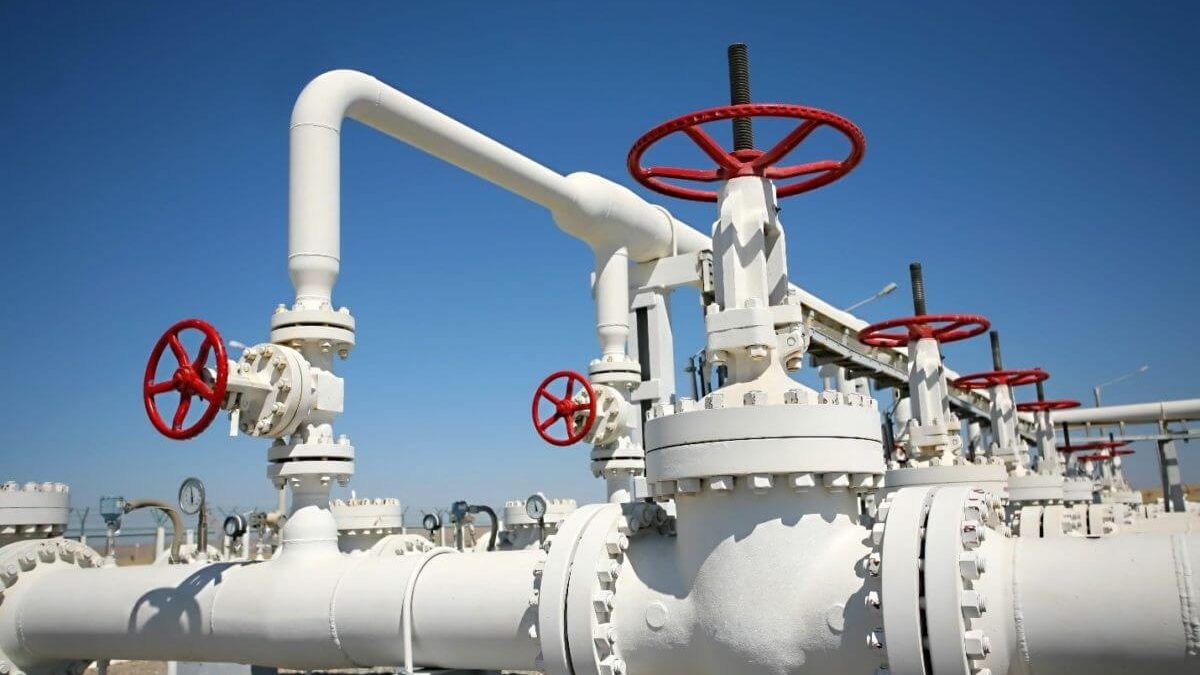
Geopolitical Risks and Weather Impact European Gas Prices
In today’s rapidly evolving global energy landscape, gas prices play a pivotal role in shaping not only the energy market but also geopolitical dynamics. Recent events have brought attention to the vulnerabilities and uncertainties within the European gas market, as evidenced by the fluctuation in gas prices, driven by factors such as geopolitical tensions, adverse weather forecasts, and gas supply issues. This article delves into the intricacies of these dynamics, highlighting the significance of trade gas in the European context. While Europe grapples with increasing reliance on gas imports, securing a cheap gas supplier becomes essential to mitigate vulnerabilities and enhance energy security.
Europe Gas Reserves and Storage Levels
Europe’s gas market is inextricably linked to the European gas reserves and gas storage levels. A crucial aspect of ensuring energy security in Europe is maintaining a robust gas storage infrastructure. However, geopolitical risks and recent events have raised concerns about the security of gas infrastructure in the region. The rupture of the Balticconnector gas pipeline due to possible sabotage has cast doubts over the security of Europe’s key energy infrastructures. This incident underscores the need for European nations to invest in secure and resilient gas storage facilities to mitigate the risks associated with external supply disruptions.
Geopolitical Tensions and Gas Prices
Geopolitical tensions have emerged as a major driver of gas price fluctuations. Recent attacks by the Hamas movement on the Gaza Strip led to a 20% reduction in gas exports from Israel to Egypt. This decline in gas exports not only affects Egypt’s liquefied natural gas (LNG) exports but also reverberates across the region, impacting the supply and demand dynamics of the global gas market. As a result, gas prices in Europe have experienced an upward trajectory due to the unpredictability surrounding gas supply from the Mediterranean region.
Additionally, Europe’s energy security is also influenced by uncertainties outside the region. The potential strike at Chevron’s Australian LNG facilities adds further complexity to the equation. The ripple effects of such events are felt far beyond the shores of Australia, with the European gas market keeping a close eye on developments that might disrupt the gas trade.

Cheap Gas Supplier and Energy Security
Amid these uncertainties, the search for a cheap gas supplier becomes paramount for European nations. As gas prices continue to fluctuate, securing a cost-effective source of natural gas is crucial for maintaining energy affordability and ensuring a stable energy supply. European governments and energy companies must evaluate the long-term viability of their gas supply contracts and diversify their sources to avoid over-reliance on a single supplier.
The trade of gas in Europe has become a focal point of geopolitical and economic discussions. The recent surge in gas prices driven by geopolitical risks, adverse weather conditions, and supply issues underscores the importance of diversifying gas sources and investing in secure gas storage infrastructure. Europe’s gas reserves and storage levels are critical components of energy security, and they must be fortified to withstand unforeseen disruptions. While Europe grapples with these challenges, the quest for a cheap gas supplier remains at the forefront of strategies to ensure affordable and stable energy supplies for the continent.
The post Geopolitical Risks and Weather Impact European Gas Prices appeared first on FinanceBrokerage.

